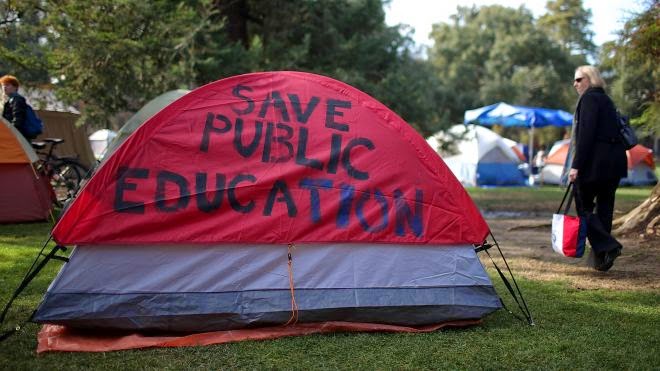KEEP ON LIVING...
Dealing with the grief caused by the loss of a loved one is not an easy task. Especially when we cannot find a good reason to explain the departure of that person. Either because they are too young, a good person or someone who has a life full of projects to fullfil, the death of a friend is not reasonably explained. Passing away at the age of 30 is something I cannot reasonably understand.
Vanina Buttini used to be a a young woman, admirable as mother, exceptional as human being and a lovable person. I met her while studying at the IFDC six years ago and my first impression about her was that she was beautiful and charming. She trusted me in the same way I trusted her. We shaped a solid friendship and in time we spent deathless moments together. She was the mother of three beautiful kids: Tomás, Selena and Fermín. But tragically she lost her life in a car accident. Family and friends were emotionally ruined. Sorrow and distress were the feelings leading my life. I was not able to find out an acceptable explanation for such an unfair loss. And this was the precise moment when I realized I was immersed into a deep depression.
Still, I had my own life and many reasons to keep on living....
My family, my daughter, my boyfriend, my profession were there to give me the strenght necessary to get up in the mornings and live life as I used to.
Of course it took time, it still takes time. I think I haven't overcome her loss, but I'm on the way.
For those who are in the deepest of sorrows I want to share what helped me continue on despite the difficult times.
After searching the web trying to find a relief to my grief, I came across a web page called HELPGUIDE. Not only do people find answers there to different questions they may have, but they also find the reasons, consequences and some pieces of advice related to the situation they're going through. Surprisingly, there was described what I was experiencing.
I want to share what I CONSIDER CAN HELP YOU.
According to this site (and something I consider important to acknowledge) "grief is a natural response to a loss". A person who undergoes this kind of emotion should know that it is normal to feel in that way. Besides, as the process of grieving varies from person to person, it is also said that it depends on many factors such as personality, coping styles, life experiences, faith and the nature of the loss. What matters here is that a person may grieve differently from other people, but this is completely normal. Other aspects to take into account are:
- Under no circumstances should people hide their suffering. In order to heal the pain a person needs to face it and actively handle it.
- Sadness, fear, and loneliness are natural in the healing process. They should not be hidden.
- Although crying is a normal reaction to grief, there are people who do not cry and may be suffering in the same way. Both ways may express the same kind of pain.
- The time a person takes for grieving is not certain. It depends on individual factors.
- Denial: "This can't be happening to me."
- Anger: "Why is this happening? Who is to blame?"
- Bargaining: "Make this not happen, and in return I will."
- Depression: "I'm too sad to do anything."
- Acceptance: "I'm at peace with what happened."
Last,but not least, the site provides some pieces of advice on the way to cope with grief and loss. There are two of them that helped me the most.
On the one hand it is determining to have support from many sources. Either the support from the family or friends or the support provided by the faith, a therapist or a counselor can be very helpful for the process of healing. People should not alienate themselves from the rest just because they do not want to show themselves weak. Putting into words emotions and feelings is the best way to start recovering from grief.
On the other hand, taking care of themselves must be people's priority. In order to do this, they should face their feelings, express them openly and look out for their physical health. Some suggestions are: write a journal about the loss, write a letter, make a scrapbook or photo album of that beloved person. In order to combat stress it is recommendable to get enough sleep, eat well and exercise. The process of healing starts with the care of oneself.
REMEMBER THIS: a big loss may be difficult to comprehend. You may also feel overwhelmed by the situation. But your family and friends are there to help you continue on living the life we are born to live. You should try to find out valuable reasons and live in peace with yourself.
To end up this post I would like to share this quote of unknown author. Hope it helps you as much as it helped me.
This is dedicated to your memory, VANI. I miss you a lot!
Sources:
- http://www.helpguide.org/articles/grief-loss/coping-with-grief-and-loss.htm
- Images taken from Facebook and Google.









